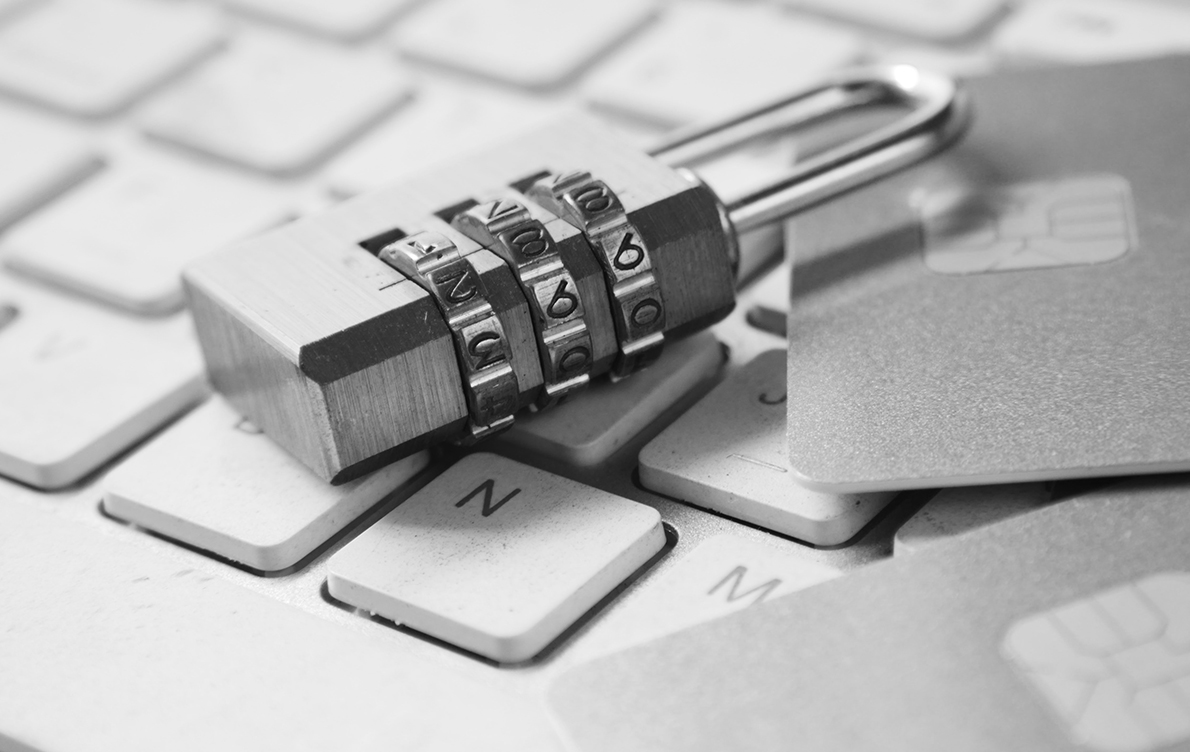Is The Internet Safe For Google?
In two closely-watched cases with potentially broad implications for the way businesses and individuals use the Internet, Google, Inc. suffered setbacks in the continuing battle over responsibility for intellectual property infringement. Both cases – one copyright and the other trademark – cast clouds over Google’s practices concerning its users’ employment of third parties’ intellectual property.
In the copyright case, Viacom International, Inc. and others sued Google and its YouTube subsidiaries for infringement based on protected content uploaded by its users. Since its founding in 2005, YouTube’s primary defense against such claims has been the “safe harbor” provisions of the Digital Millennium Copyright Act of 1998 (“DMCA”). In Viacom International, Inc. v. YouTube, Inc., 676 F.3d 19 (2d Cir. 2012), however, the Second Circuit Court of Appeals reversed a grant of summary judgment in favor of Google/YouTube, dealing a blow to Google/YouTube’s broad interpretation of the safe harbor defense.
The court held a jury could conclude that Google/YouTube lost safe harbor protection because it had “knowledge of specific and identifiable infringements.” The court cited survey results indicating 60% to 80% of the material on YouTube contained copyrighted material and communications among Google/YouTube staff indicating some awareness that its service was being used for infringing activity. The court also held that liability based on a theory of “willful blindness” or “conscious avoidance” was possible, even though safe harbor protection is generally not contingent on affirmative monitoring by a service provider. Finally, the court suggested that Google/YouTube might have forfeited safe harbor protection because it had the “right and ability to control the infringing activity and received a financial benefit directly attributable to that activity” or because YouTube was engaged the “manual selection of copyrighted material for licensing to a third party.”
In the trademark case, Google suffered another potential strike against its business model, this time concerning the sale of trademarks as keywords. In Rosetta Stone Ltd. v. Google, Incorporated, 676 F.3d 144 (4th Cir. 2012), Google again had a favorable summary judgment ruling reversed, and the case was remanded for further proceedings as to whether Google infringed Rosetta Stone’s trademark by “selling” the mark as a “keyword” to third parties, resulting in non-Rosetta Stone “sponsored ads” appearing in a search for “Rosetta Stone.” Rosetta Stone contended it had been flooded with customer complaints about counterfeit software since 2009, when Google relaxed its policy on the sale of company trademarks as keywords to third parties.
Just as the evidence in Viacom indicated that Google had some awareness of copyright infringement, the court of appeals found sufficient evidence to permit a jury to conclude that Google knew its sale of marks as keywords to third parties would cause confusion and that actual confusion had occurred. The court was not persuaded by Google’s protestations that its policies prohibited the purchases of keywords to advertise non-genuine (i.e., counterfeit) goods.
The Second Circuit’s decision in Viacom and the Fourth Circuit’s decision in Rosetta Stone have revived the debate over the liability of Internet service providers like Google that provide platforms for intellectual property infringement. These rulings may have also rattled any sense of blanket security that these service providers enjoyed following the lower courts’ summary judgment rulings. Instead, both decisions suggest a movement towards fact-sensitive analyses that will help further define the scope and applicability of intellectual property laws to ever-changing technologies.
In notable contrast to these recent defeats for Google in the U.S., a French court ruled on May 29, 2012 that Google did not infringe a broadcaster’s copyrights by permitting several television shows to be available on YouTube. Reviewed in tandem with the U.S. decisions, it is clear that the ongoing struggle at the intersection of intellectual property law and the Internet will continue to evolve on a both a domestic and world-wide basis.
As the law continues to evolve on these matters, please note that this article is current as of date and time of publication and may not reflect subsequent developments. The content and interpretation of the issues addressed herein is subject to change. Cole Schotz P.C. disclaims any and all liability with respect to actions taken or not taken based on any or all of the contents of this publication to the fullest extent permitted by law. This is for general informational purposes and does not constitute legal advice or create an attorney-client relationship. Do not act or refrain from acting upon the information contained in this publication without obtaining legal, financial and tax advice. For further information, please do not hesitate to reach out to your firm contact or to any of the attorneys listed in this publication.
Join Our Mailing List
Stay up to date with the latest insights, events, and more




